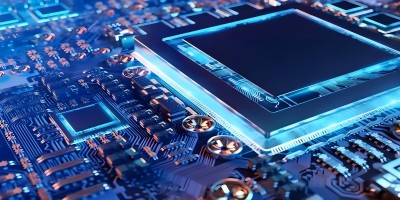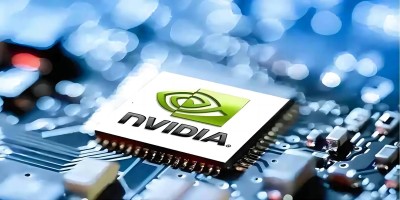Zhou Hongyi said that 360 is gradually tilting its chip procurement towards domestic chips at present, and all the products it has purchased recently are from Huawei.
Recently, during a related event, Zhou Hongyi, the founder of 360 Group, gave a clear response when communicating with the media regarding whether 360 would resume purchasing NVIDIA's H20 chips after they were unsealed. He said that 360 is gradually tilting its chip procurement towards domestic chips at present, and all the products it has purchased recently are from Huawei.
Last week, NVIDIA CEO Jensen Huang's visit to China drew high attention from the industry. Previously, Zhou Hongyi also posted a video on social media, interpreting "Jensen Huang's return to China with H20 chips, Conceiting Signals of AI competition between China and the US". He pointed out that the global AI chip market landscape is undergoing a profound reshaping. Although Huawei has not been engaged in GPU development for a long time and still lags behind NVIDIA, which has a 30-year history of GPU research and development, Huawei's speed of catching up is astonishing.
When asked why he chose domestic chips, Zhou Hongyi admitted that it must be acknowledged that there is a gap between domestic chips and NVIDIA products. However, if they are not used just because of the gap, this gap will never narrow. Only by persistently using them and constantly improving during the usage process can domestic chips make progress.
There's a saying in our line of work that goes, "Eat your own dog." Whether a product is good or not, you must keep using it. Only by using it can you make improvements. He said.
Regarding the NVIDIA H20 chip, Zhou Hongyi quipped that Huang Rengxun's "surgical knife cutting" of the H20 was very skillful. Due to the regulations of the US government, the H20 has undergone many performance cuts. If too much is cut, the performance will be too poor to sell. It was cut too little and failed to obtain approval from the US government, which made the positioning of the H20 rather awkward. It is more suitable for reasoning purposes. Training models has extremely high requirements for chip performance, such as high-speed interconnection and cluster formation, while inference has relatively lower requirements for chip performance and does not need these complex configurations. In the field of reasoning, domestic chips have a more advantageous cost-performance ratio. In contrast, the competitiveness of the H20 is not prominent.
Zhou Hongyi's statement not only reflects the shift in 360's chip procurement strategy, but also demonstrates the supportive attitude of domestic enterprises towards the development of domestic chips and their clear understanding of the global AI chip market competition landscape. As domestic enterprises continue to increase their application of domestic chips, domestic chips are expected to achieve greater breakthroughs in technology and market share in the future.
Disclaimer: The article is sourced from the Internet. In case of any dispute, please contact customer service.



